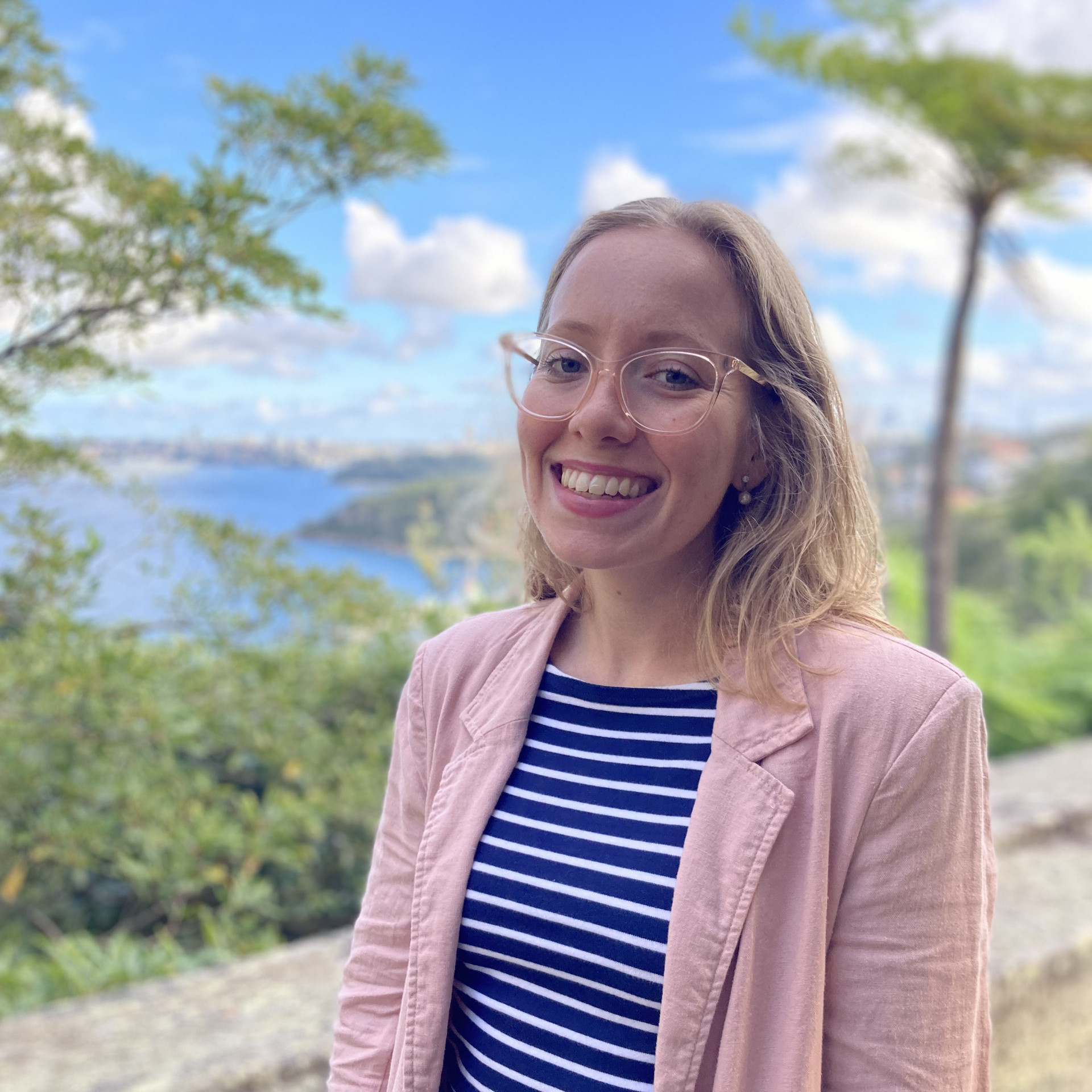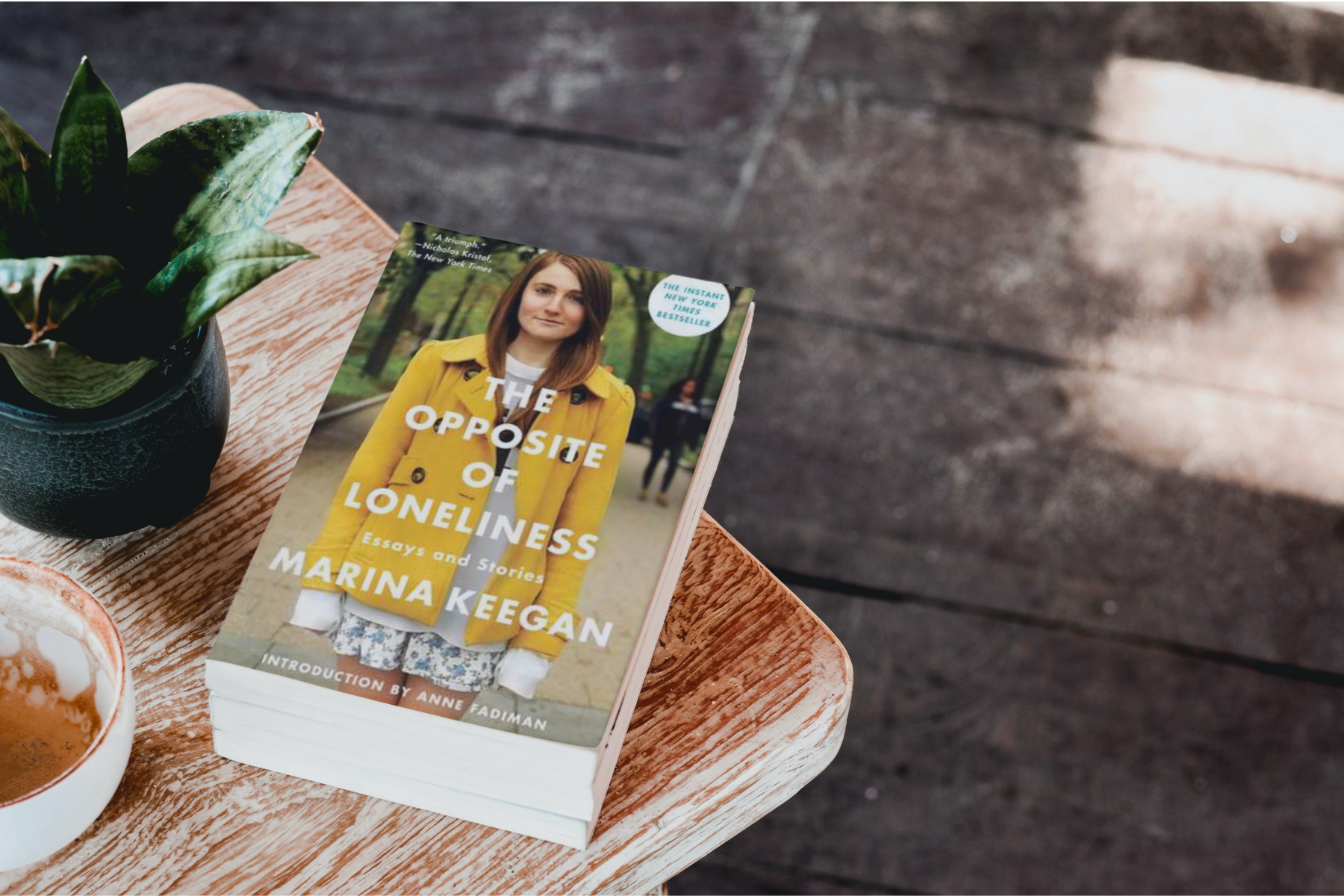Book Review: The Opposite of Loneliness by Marina Keegan
Marina Keegan was a promising young author, playwright and journalist who graduated from Yale University in 2012. She died at the age of 22. The Opposite of Loneliness is the legacy she left behind.
The year this book came out I was working in a bookshop, and I saw the cover frequently displayed on the non-fiction paperback table. I wasn’t exactly sure what kind of a book it was. ‘Essays and stories’, the subtitle reads. Why would I want to read someone else’s essays? I never picked it up and soon forgot about it.
Years later, at the start of the COVID-19 pandemic, in a cloud of anxiety, unemployment and sadness, I started a free online course at Yale University. The Science of Well-Being is a 10-week course taught by Laurie Santos, which you can study via the learning platform Coursera. It teaches common misconceptions about happiness, behaviours that can lead to a happier life and introduces practices such as savouring, gratitude and meditation. It’s a great course and I highly recommend it! Anyway, one of the recommended readings was, you’ve guessed it, The Opposite of Loneliness by Marina Keegan I told my partner, who was studying the course with me, that I recognised it from the bookshop days. The next week he presented me with this very book and said he thought I might find it helpful. That’s how I came to read this truly inspiring posthumous collection written by a wonderful young writer.
The book consists of a mixture of works of fiction and non-fiction. It is not a self-help book, nor is it a psychological commentary, but I found it to be one of the most awakening and inspiring books I’ve had the pleasure of reading. I first read it over a year ago and yet I can still vividly remember so many of her stories and essays, they have that quality of sticking in the mind. Most of all, I remember Marina’s distinct voice, one of humour, sensitivity and mature insight, something which resonates throughout every piece.
This collection was Marina’s last message to her classmates and was distributed in a special edition of the Yale Daily News after her untimely death. She talks about, love, friendships, rejection, living with coeliac disease, social issues and climate change. She expresses her sense of belonging at university, surrounded by like-minded people. She ponders on what will change when these hopeful and aspirational grads leave the grounds of Yale and venture into the ‘real world’ to find their purpose. She laments the creative and intelligent graduates who become stuck in the world of finance and consulting, leaving behind their dreams and aspirations. I think it speaks to all people, but particularly to young people, who are told that they can be anything, but face a multitude of challenges in this broken and unjust world. Yet Marina calls the reader to seize the day, to use their gifts, to make a difference in the world and to make the most of every opportunity. It’s definitely one of the most motivational books I’ve ever read.
There is a sadness as you read the book, knowing that Marina wrote with such hope and optimism, only to tragically die in a car crash a few days after her graduation. And yet, this unfulfilled potential, along with the messages in her essays and stories left me feeling hopeful and inspired. Hopeful for the future, and inspired by the part in which I play in that. It’s never too late to start again, to do something new and scary, to change paths, to go back and study, to sit down and write. We cannot change the past, we cannot predict the future, but we can control what we do today. If now is all we have, then let’s start with that.



